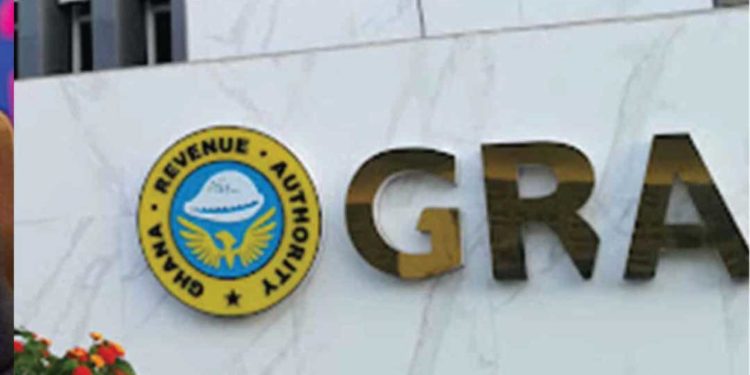GRA Targets Digital Economy to Expand Tax Net
The Ghana Revenue Authority (GRA) has set its sights on the digital economy as part of a broader strategy to widen the country’s tax net and boost domestic revenue mobilisation.
The Authority says a significant number of businesses operating across digital platforms currently fall outside the formal tax system, depriving the state of critical revenue. The move, therefore, aims to rope in these businesses, many of which operate on social media platforms and other online marketplaces.
Speaking on the development, Commissioner-General of the GRA, Anthony Sarpong, noted that a growing shift from traditional brick-and-mortar commerce to digital platforms presents both a challenge and an opportunity for tax administrators.
“Businesses instead of doing brick and mortar are running in the digital space, where buyers and sellers do their trade. We do have many businesses which are also showing up on other online places,” he stated.
“In Ghana today, if you want to find several service providers, you go to Instagram and you find them. How do we ensure that all of these people who are doing business are able to come onto the tax net? At GRA, we have already commenced a programme to bring on board the digital economy. Because it is the business of the future, and if that is the case, then the revenue for the future resides there,” Mr Sarpong added.
Tax analysts and fiscal policy experts have long called on government to take advantage of the country’s fast-growing digital economy as a practical avenue for raising revenue. They argue that many digital-based enterprises, including social media sellers, app-driven services, and e-commerce platforms, operate with minimal regulatory oversight and are often not captured in formal tax structures.
In addition to calls for digitised tax enforcement, tax professionals have reiterated the need to strengthen property rate collection at the local government level as another untapped source of revenue.
GRA’s renewed focus on the digital economy is expected to form part of broader reforms aimed at enhancing tax compliance, improving administrative efficiency, and ultimately increasing the country’s tax-to-GDP ratio.








